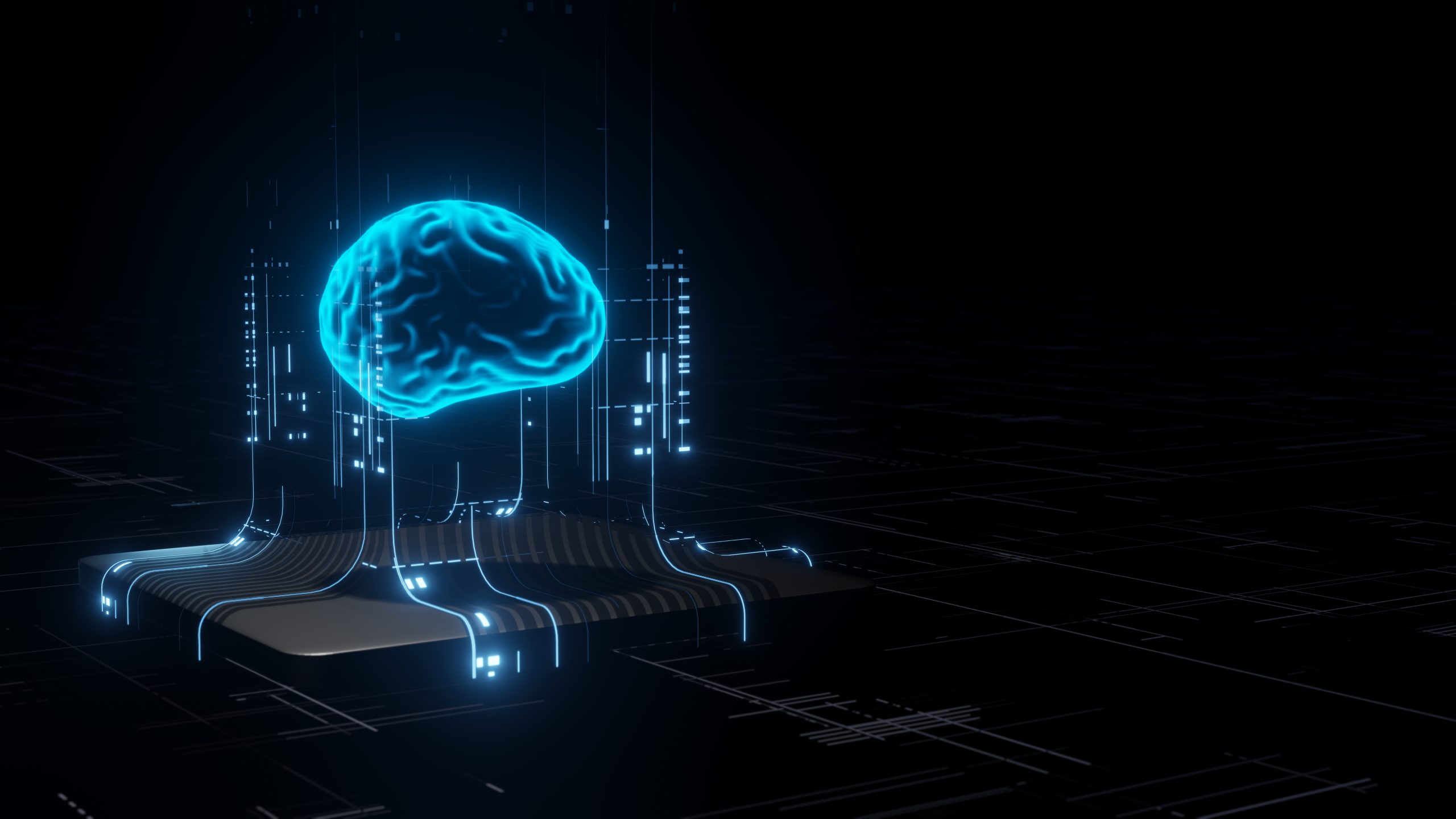EU High-Performance Computing: one of the fastest AI supercomputer in the world launched in Italy

On Thursday, the European High-Performance Computing Joint Undertaking, together with CINECA, a leading supercomputing centre have announced the European company Atos as the awarded vendor for the procurement of LEONARDO, a new world-class supercomputer, powered by Artificial Intelligence (AI). With its massive computing power, which will allow it to execute more than 248 Petaflops or more than 248 million billion calculations per second, LEONARDO will rank in the world’s top supercomputers and will pave the way towards the next supercomputing frontier, performing more than one billion billion operations per second (exaflop). The launch follows up on the announcement of President Ursula von der Leyen in her State of the Union Address of an investment of €8 billion in the next generation of supercomputers – part of the Digital Decade agenda to strengthen Europe’s digital sovereignty – and the Commission’s recent proposal for a new Regulation for the European High-Performance Computing Joint Undertaking (EuroHPC). It also reflects one of the principal targets of the EU strategy on AI, aimed at mobilising resources by the private and the public sector to achieve a European ecosystem of excellence and to accelerate the adoption of solutions based on AI, including by small and medium-sized businesses (SMEs). The new high-performance computing system, LEONARDO, will be located in Italy, in the premises of the new data centre of CINECA, currently being built in the Bologna Technopole. CINECA is a non-profit consortium, made up of 69 Italian universities, 21 national institutions and the Italian Ministries of Universities and Research, and of Education. It will be built by a European vendor, Atos, which was selected through a call for tender, launched in November 2019. The total budget for LEONARDO is €120 million. More information is available here and in this announcement by NVIDIA and CINECA. The computing power of LEONARDO will soon be complemented by additional EuroHPC supercomputers located in Bulgaria, Czechia, Finland, Luxembourg, Portugal, Slovenia and Spain.
